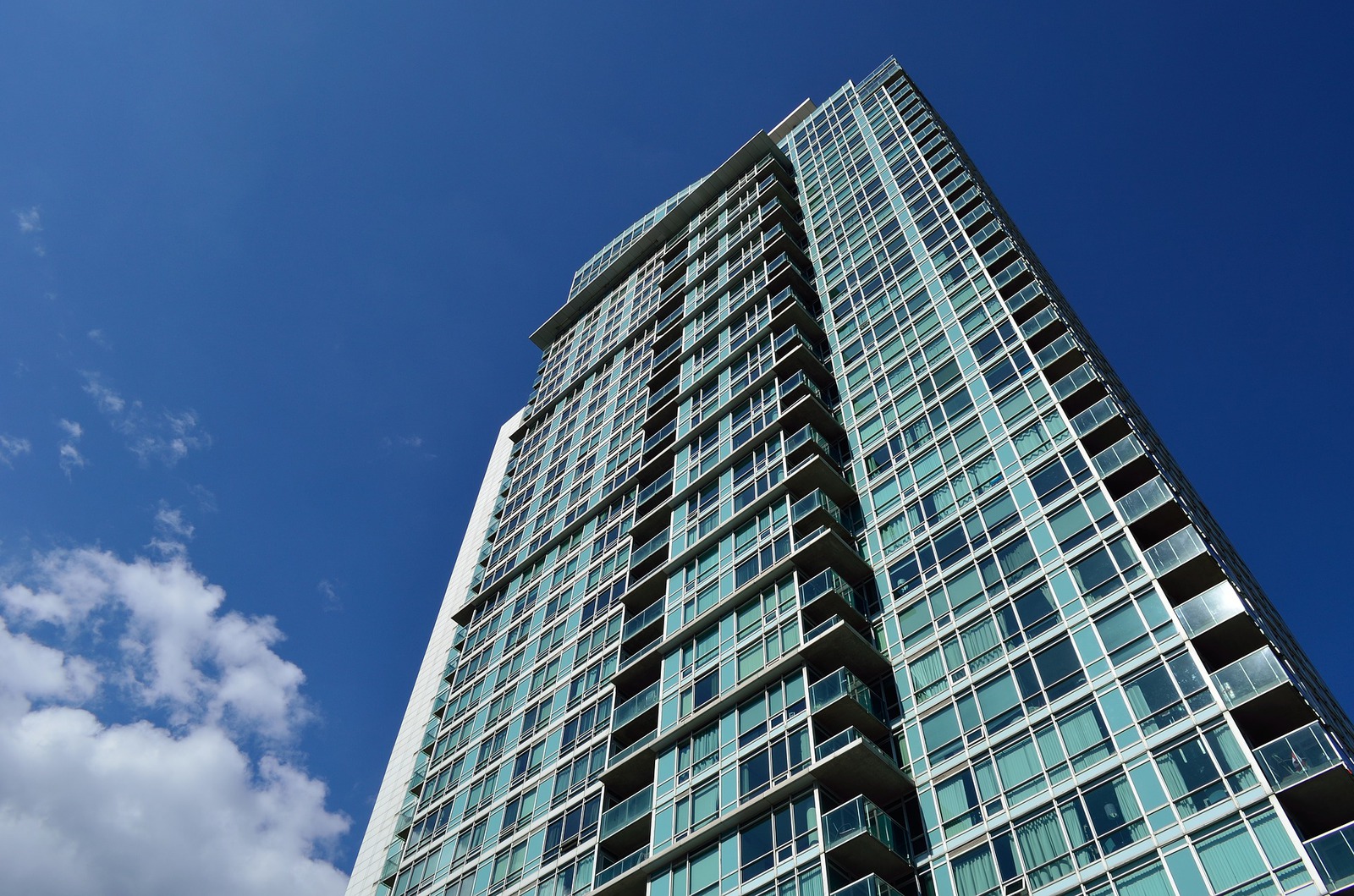
According to consumer surveys, most Canadians considering buying a condo are unsure about the type of insurance coverage they require. Most are utterly unaware of the differences between condo and home insurance coverage. Condo associations also have their own insurance policy. If you have an accident and require your insurance coverage to pay out, this lack of awareness could cost you money.
Although condo living takes away the trouble of maintaining a home or its grounds, insurance claims for condos are handled differently from home insurance claims.
What is Condo Insurance?
In some aspects, condo insurance and home insurance are similar. The primary distinction is that a condo is protected in two ways:
- By a commercial condo policy purchased by the condo corporation
- By personal condo insurance purchased by unit owners.
Personal Condo Policy vs. Commercial Condo Policy
One of the essential things you should know as a unit owner is the differences between a personal condo policy and a commercial condo policy.
- Personal condo policy: This policy protects individual unit owners, including all unit improvements and personal goods housed within. Most unit owners do not acquire this insurance because they believe their commercial condo coverage covers them, which is not correct.
- Commercial condo policy: This policy protects the building, including inside and outside common areas. Elevators, roofs, and windows are some examples of such places. It also safeguards residents from situations that could endanger the public, such as falling debris.
What Does Condo Insurance Cover?
Here’s what condo insurance covers:
- Upgrades: Upgrades made to the unit, whether part of the original construction or installed by a former owner, is your responsibility to protect your investment. When speaking with your insurer, be very specific about what your apartment contains. Some condo associations have implemented bylaws requiring owners to pay for all flooring and worktops in their units, even if they are not improvements.
- Contents: Your personal condo coverage must cover any personal or specialty property you have inside your unit. Furniture, high-value jewelry, electronics, clothing, and other items are all covered. The majority of policies will cover water damage as well as other sorts of loss.
- Third-party liability: If you, for example, leave the stove on and it causes a fire that burns a hole in the wall you share with a neighbour, they may sue you for damages. In situations like this, liability insurance will protect you when someone is hurt while staying in your apartment.
- Your locker: Your locker is a part of your individually insurable property, even if it isn’t within your unit, so inform your insurer if you have one so that it gets insured for theft.
- Special insurance assessments: When it’s time to maintain the building or conduct a complete re-roof, poorly managed condo finances can result in a shortage. When the condo company’s corporate insurance policy or financial procedures don’t cover all expenditures for significant damages such as fires, the company can levy a charge on each unit owner. These evaluations have the potential to be financially disastrous. You must declare the special assessment even if you sell your unit. It’s critical to get the correct personal condo coverage as a unit owner to protect yourself against insurance-related assessments.
- Theft: This point is related to the contents of your personal insurance policy. In general, theft is low risk in condos due to security measures like security guards and cameras. Your personal coverage, on the other hand, will cover thefts that occur in your apartment.
One should also check that your personal condo insurance covers additional living expenses if you require other accommodation while your condo is undergoing repairs. Without this option in your policy, it can create additional living expenses if you pay for accommodation during this time.
Check our home insurance comparison tool to find the best home insurance corresponding to your needs.






